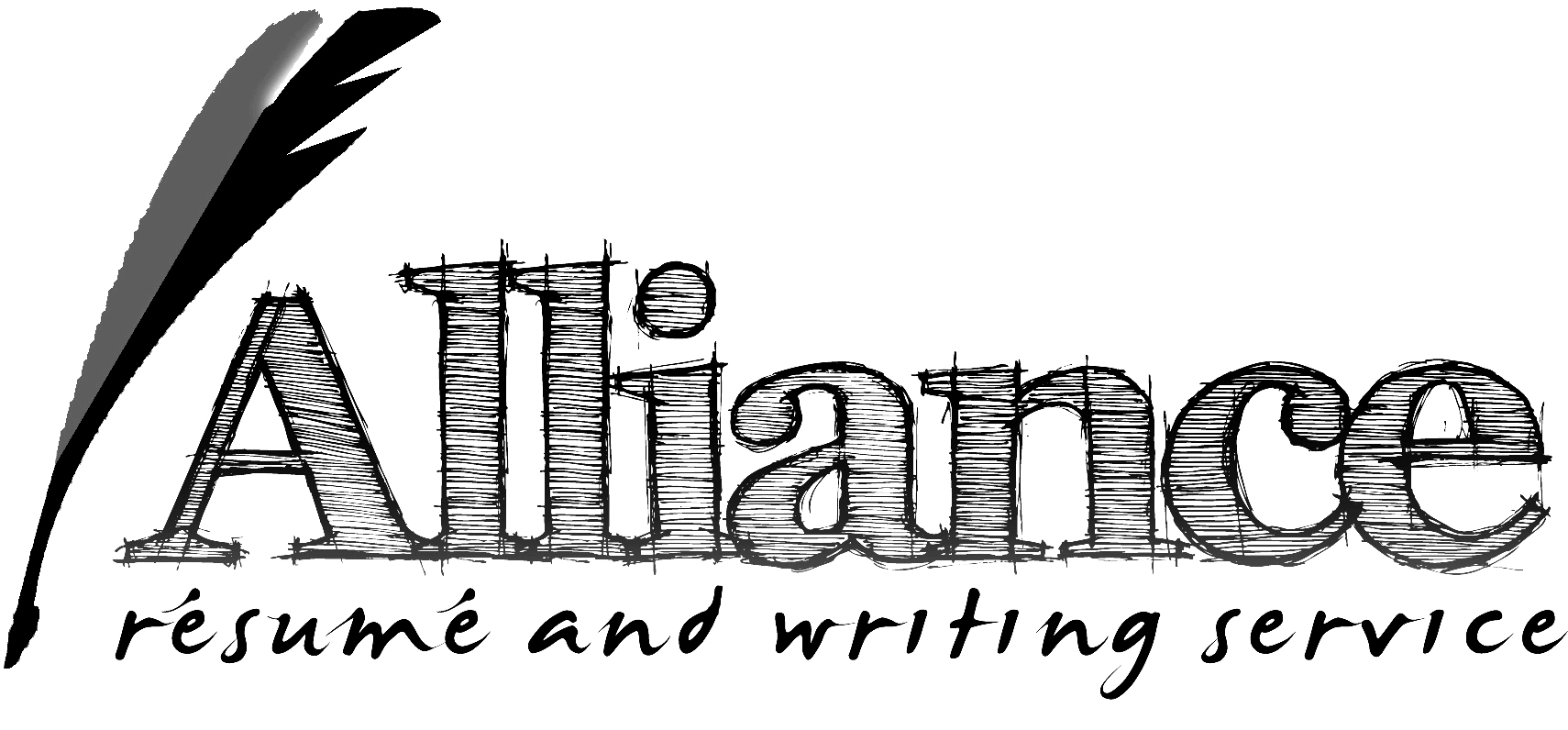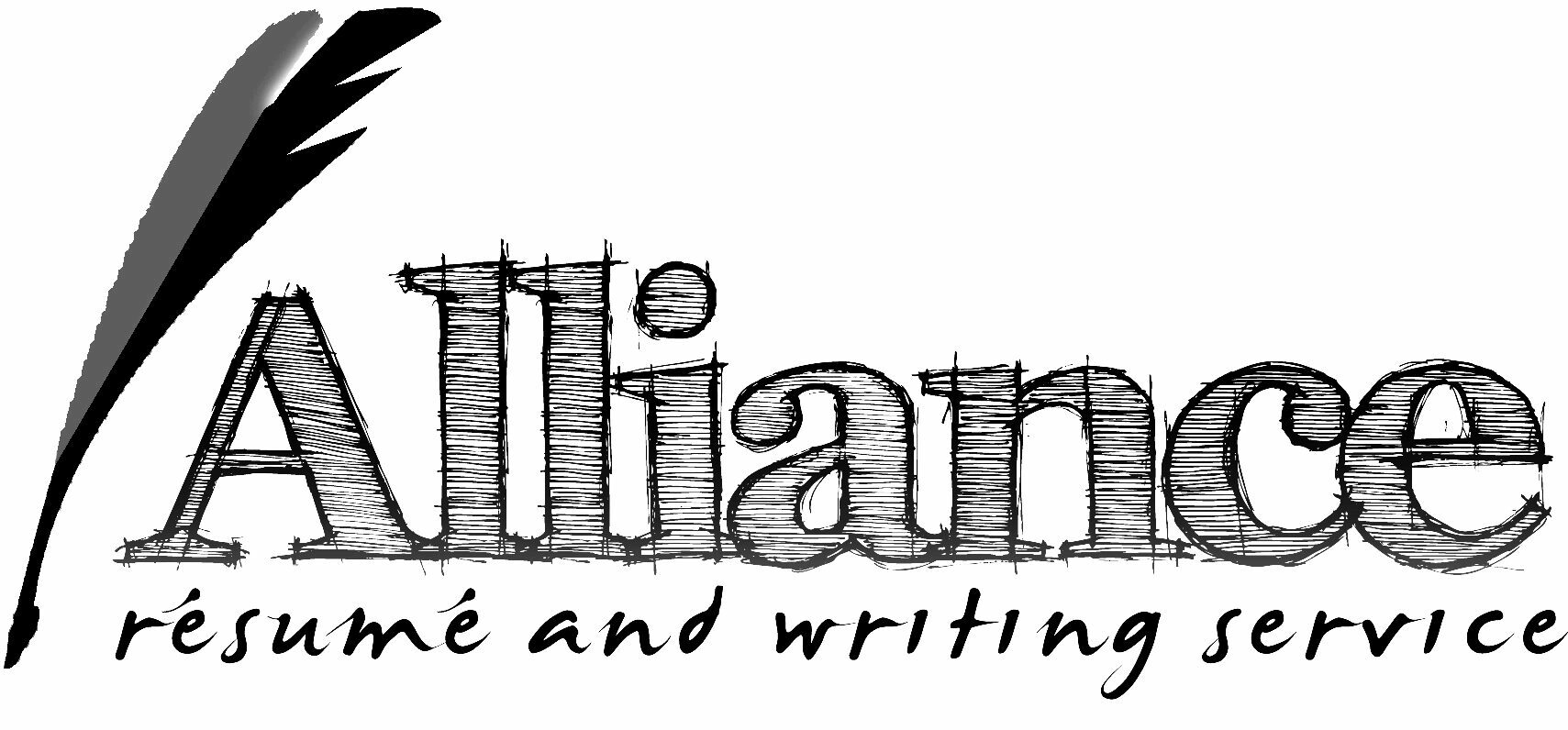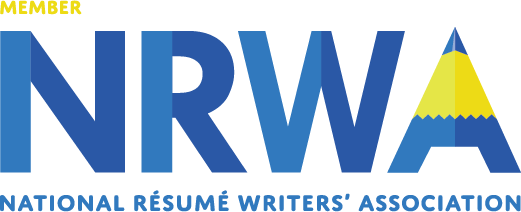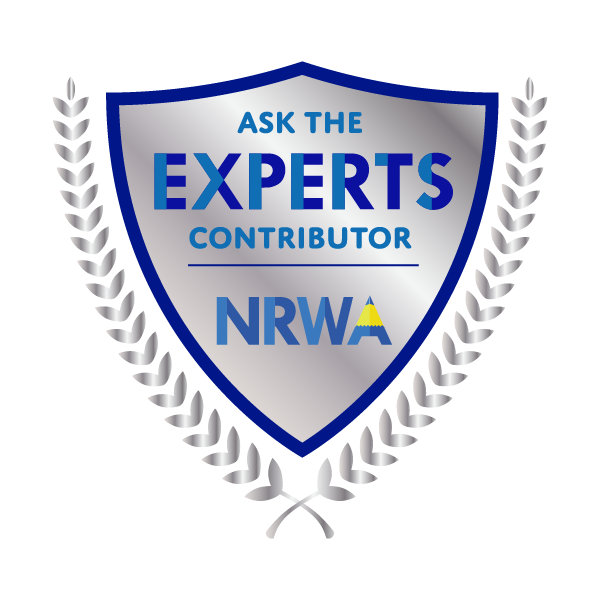By Mary Jo King, NCRW, NCOPE
There is a wealth of advice out there for graduates writing their first professional resume, but not all of it is valuable. Do not try to fit your skill set into a canned template; there is no single best format for grads. You are an individual, with unique qualifications to offer. Moreover, templates and resume builders are not compatible with many applicant tracking software (ATS) systems.
Here are some guidelines to developing a resume that will set you apart from your peers.
1. Skip the old-fashioned job objective and replace it with a headline that simply announces your career field. The best headlines also begin to build your brand.
2. If you have employment history of merit, begin with a summary of qualifications that reflects both your education and your employment background. This approach separates you from those who have no real-world experience to offer.
3. If you have no employment history, begin your resume with your education. List courses that are relevant to your career target. This can be critical for ATS score value. Don’t forget to highlight team leadership experience, internships, special projects, honors, language studies, and travel abroad programs.
4. Include high GPA (3.5+), volunteer activities, professional licenses, and certifications.
7. Worry less about length and more about keyword-rich content. Employers don’t care how long your resume is; they care about readability. Keep your format simple and clean, with a fair amount of white space. No one will actually read a wall of text.
Finally, DO look elsewhere in my blog for more information about cover letters, job search techniques, ATS, follow-up, social media, and more. And remember, a well-written resume will shorten your job search considerably. A poor resume, combined with poor job search techniques, may leave you living in your parent’s basement for the foreseeable future.









Comments are closed